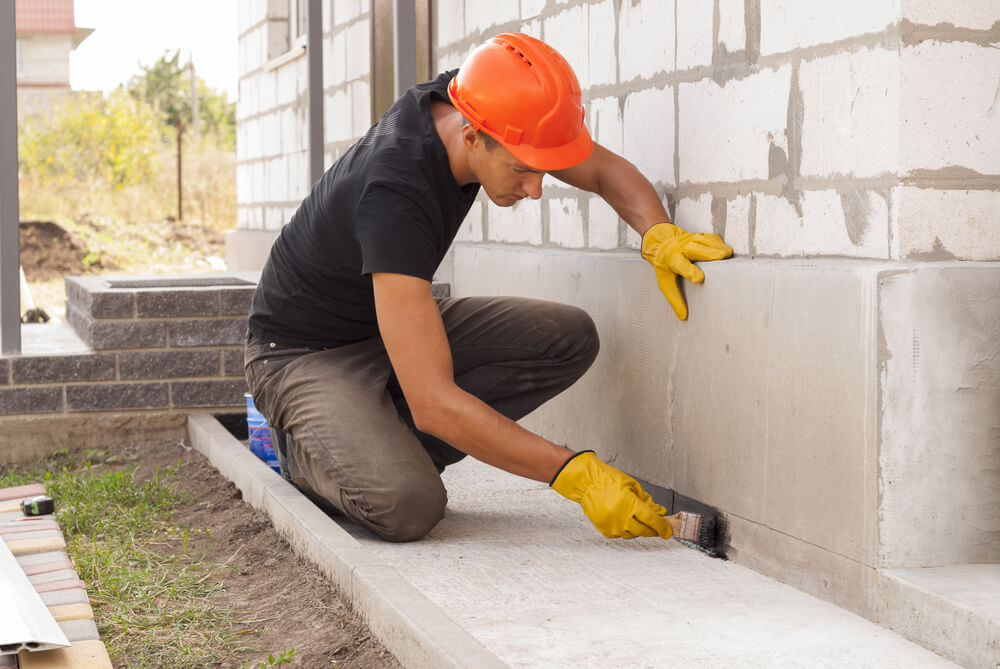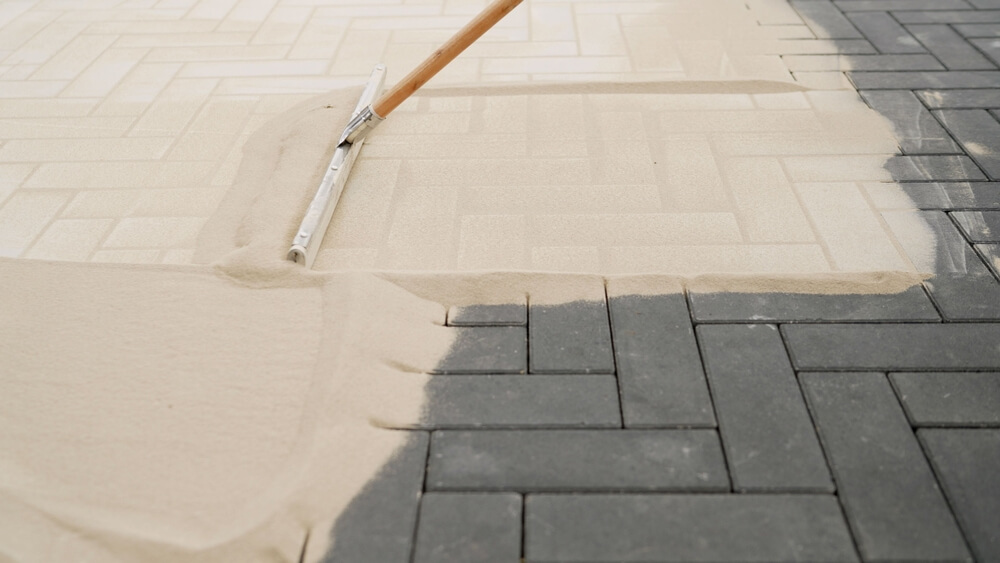Concrete is a durable and low-maintenance material used in home construction. It can be added to sidewalks and patios to sinks and countertops. However, even the strongest materials require some protection. Sealing your home’s concrete offers numerous benefits, including resistance to stains. This article will dive deeper into the benefits of sealing your home’s concrete and what happens if you don’t. Let’s read on.
Six Benefits of Sealing Home Concrete
Concrete sealing can protect against stains and moisture, among other benefits.
1. Protection From Moisture
Moisture is one of the biggest enemies of concrete. When water penetrates the surface of the concrete, it can cause damage to the material. Moisture can cause the concrete to expand and contract, leading to cracks and other damage. Sealing your concrete will prevent water from penetrating the surface, keeping it dry and protected.
2. Stain Resistance
Concrete is prone to stains, especially when exposed to oil, grease, and other chemicals. Sealing your concrete creates a protective barrier against stains, making it easier to clean and maintain.
3. Durability
Sealing your concrete will help extend its lifespan. The sealant protects the surface of sidewalks, patios, and driveways from wear and tear, including foot traffic, harsh weather conditions, and other types of damage. A sealed concrete surface is more durable and long-lasting.
4. Aesthetics
Sealing your concrete can enhance its appearance. A high-quality sealant will create a glossy finish that gives your concrete a fresh, new look free of unsightly stains. It can also darken the color of the concrete, giving it a richer, deeper hue.
5. Reduced Maintenance
Sealed concrete patios, driveways, countertops, sinks, and sidewalks require less maintenance than unsealed ones. Since they are more resistant to stains and damage, they don’t require frequent cleaning or repairs. That saves time and money, making sealing a practical investment in the long run.
6. Cost-Effective
Sealing concrete is a cost-effective way to protect it from damage and enhance its appearance. The cost of sealing concrete is relatively low compared to other materials. It also reduces the need for repairs or replacement since it will be better protected from cracks and stains.
What Happens if You Don’t Seal Your Concrete?
You risk damaging the surface if you choose not to seal your concrete. Here are some of the things that can happen if you don’t seal your concrete:
Cracks
Concrete is prone to cracking, especially if exposed to harsh weather conditions or heavy traffic. Cracks on concrete driveways are unappealing as stains, and can reduce the aesthetic appeal of your home. They are also dangerous, as they can trip someone or damage a vehicle. Sealing your concrete can help prevent cracks from forming or at least reduce their severity.
Stains
If you don’t seal your concrete, it will be more susceptible to staining. Stains on concrete are difficult to remove and detract from the appearance of your home’s exterior or interior.
Moisture Damage
Without sealing, moisture can penetrate the surface and cause the material to deteriorate. Moisture damage can weaken the structure of your home, leading to costly repairs.
Reduced Lifespan
Concrete may have a shorter lifespan without sealing as it wears down faster and is more prone to damage. A sealed concrete surface will last longer and require less maintenance.
How to Seal Your Home’s Concrete
If you’re interested in doing a DIY sealing project for the concrete parts of your home, here are some steps to follow:
Clean the Surface
Before sealing your concrete, you must clean the surface thoroughly. Remove dirt, debris, or stains using a pressure washer or a stiff-bristled brush. Make sure the surface is completely dry before proceeding.
Apply the Sealant
Once you’ve dealt with stains and dirt, choose the right sealant for your specific application. Follow the manufacturer’s instructions for application, and ensure you apply the sealant evenly. Apply it to all concrete areas, including edges and corners.
Allow the Sealant to Dry
Once you’ve applied the sealant, allow it to dry completely before using the surface. This can take anywhere from several hours to a day, depending on the sealant type.
Sealing concrete is a delicate and complex process that requires a skilled hand. If you have never undertaken a concrete sealing project or are concerned the issues are more extensive, it’s best to entrust a professional to do the work for you.
Get a Professional to Seal Your Home’s Concrete

Sealing concrete can extend its lifespan and enhance its appearance by protecting it from moisture, stains, and damage. If you’re looking for a reliable concrete sealing service, look no further than Richfield Concrete.
With years of experience and a team of skilled professionals, we offer high-quality concrete sealing services that are both affordable and efficient. Don’t wait until it’s too late to protect your home’s concrete surfaces. Contact Richfield Concrete today and experience the benefits of sealing your concrete.






